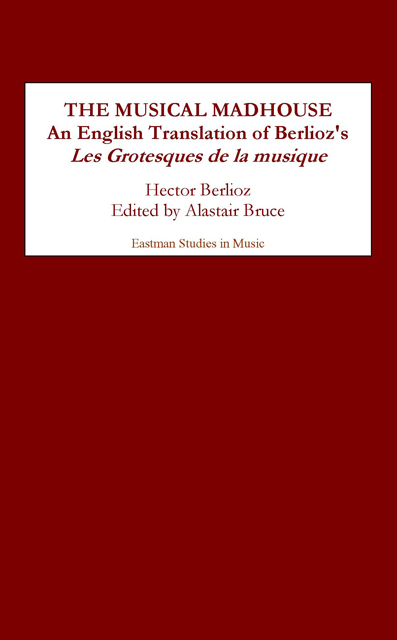The tromba marina—The saxophone—Experts in instrumentation
Published online by Cambridge University Press: 21 March 2023
Summary
At each performance of Le Bourgeois Gentilhomme at the Théâtre-Français, the occupants of the pit commit a howler which cannot fail to make any musicians in the audience laugh heartily.
In the first scene of Act II, the music master says, “You will need three voices, a treble, a high tenor and a bass, accompanied by a viola da gamba, a theorbo and a harpsichord for the basso continuo, with two violins to play the ritornelli.”
Monsieur Jourdain replies: “We must have a tromba marina too. I like the tromba marina, and it harmonises well.”
At the words “tromba marina” the pit unfailingly explodes with mirth. These fine fellows imagine the tromba marina, which is a very melodious instrument consisting of a single string passing over a bridge and played like a cello, to be some horrible wind instrument, a sort of triton’s shell, fit to outbray a donkey. They suppose Molière was making Monsieur Jourdain utter a colossal stupidity, when in fact his remark is merely naïve. It’s no more absurd than if some present-day Monsieur Jourdain were to say in similar circumstances, “We must have a guitar too. I like the guitar, and it harmonises well.”
A Jupiter among critics who recently made a violent attack on Sax’s admirable instruments ranked the saxophone among the most frightful and offensive to the ear. The saxophone is a reed instrument with a delightful veiled tone—he had confused it with the saxhorn, a brass instrument with a mouthpiece.
This distinguished and conscientious Aristarchus had no doubt studied instrumentation from the pit of the Théâtre-Français.
“Ha ha ha! The tromba marina! Bravo, pit! The dreadful saxophone! Bravo, Jupiter!”
- Type
- Chapter
- Information
- The Musical MadhouseAn English Translation of Berlioz's <i>Les Grotesques de la musique</i>, pp. 41 - 42Publisher: Boydell & BrewerPrint publication year: 2003



